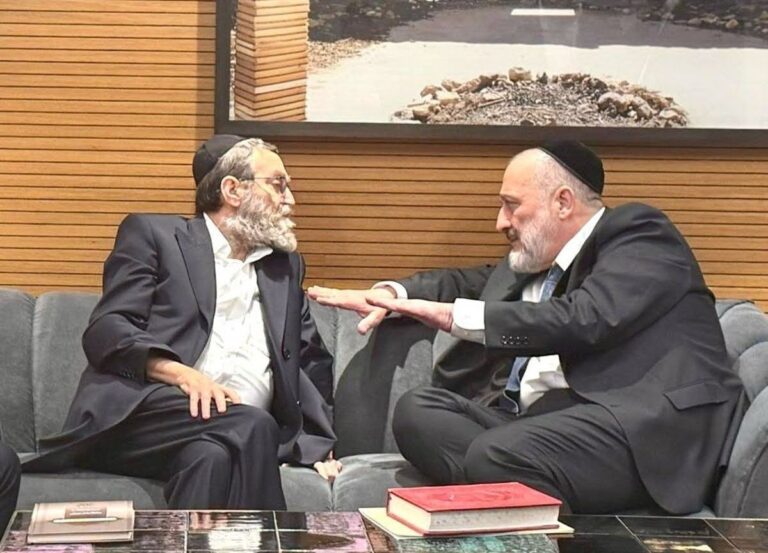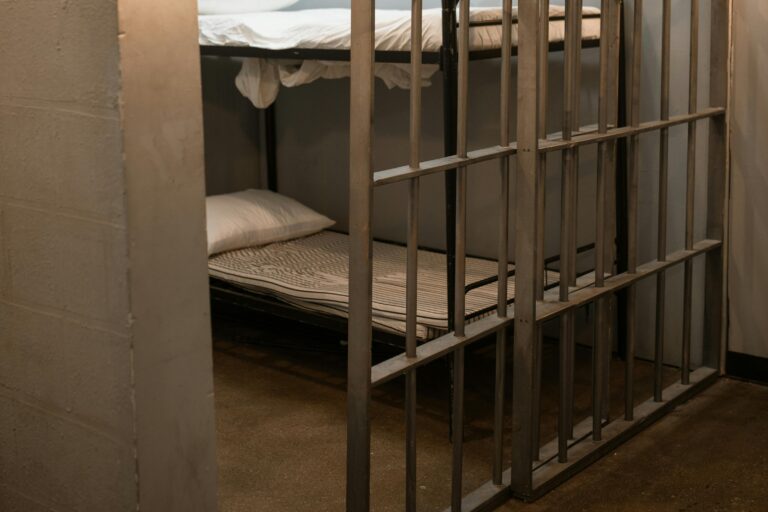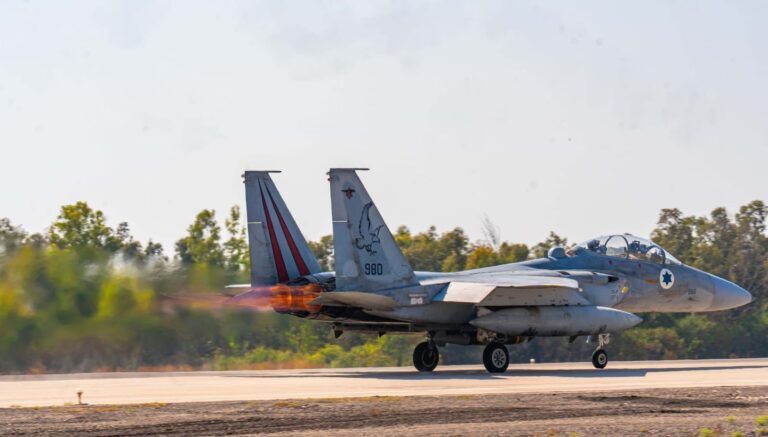 President Barack Obama will soon reveal more about the administration’s legal rationale for using drone strikes, U.S. Attorney General Eric Holder said on Wednesday.
President Barack Obama will soon reveal more about the administration’s legal rationale for using drone strikes, U.S. Attorney General Eric Holder said on Wednesday.
Holder told members of the Senate Judiciary Committee that Obama would address the issue directly “in a relatively short period of time.”
Congress has been seeking access to at least 11 memos produced by the Justice Department’s Office of Legal Counsel that lay out the legal rationale for using drone strikes to target individuals overseas, but until this week had only been allowed access to four of them.
“I heard you. The president has heard,” Holder said. As a result, the administration is prepared to make more materials available, he said.
The Obama administration has increasingly used drone strikes to target militants overseas. In 2011, for example, strikes in Yemen killed U.S.-born Anwar al-Awlaki, accused of being a leader of al Qaeda’s Yemen-based affiliate, and his son, also a U.S. citizen.
Civilian casualties from drone strikes have angered local populations and created tension between the United States and Pakistan and Afghanistan. Washington has sought to portray civilian casualties as minimal, but organizations that collect data on these attacks put the number of civilians killed in the hundreds.
“We have talked about a need for greater transparency,” Holder told senators.
He predicted there “would be a greater level of comfort” about the use of drones after the information is shared.
On Tuesday, as part of a deal that led the Senate Intelligence Committee to approve the nomination of John Brennan as the new director of the CIA, the administration agreed to share two more of the documents with committee members and some staffers.
LEAK A KEY FACTOR-HOLDER
Separately, a Justice Department document on circumstances in which Americans could be killed if they were involved in militant activities overseas was leaked to NBC News last month.
Holder said on Wednesday that the debate started by the leaking of that document was “one of the strongest reasons” why it made sense to share the Office of Legal Counsel memos with Congress.
Senators on Wednesday also questioned Holder over whether the Obama administration would ever countenance using drone strikes to target citizens on American soil.
In a letter to Kentucky Republican Senator Rand Paul, which was made public on Tuesday, Holder said drone strikes against Americans on U.S. soil were not anticipated, but he did not rule them out in circumstances akin to the Sept. 11, 2001, attacks.
Texas Republican Senator Ted Cruz questioned Holder about whether it could ever be legal to launch strikes against U.S. citizens on U.S. soil unless that individual was an imminent threat.
“I would not think that would be an appropriate use of any lethal force,” Holder said.
Cruz said he intends to introduce legislation that would clarify when deadly force against U.S. citizens on American soil could be used.
TOO BIG TO JAIL
Iowa Republican Senator Charles Grassley probed Holder on the administration’s investigation of financial institutions, questioning whether some entities are “too big to jail” because of the potential financial market impact of prosecution.
He referred to the decision not to prosecute British financial group HSBC Holdings Plc last year in a case involving allegations of laundering drug money from Mexico. The company instead entered into a deferred prosecution agreement and paid $1.92 billion to U.S. authorities.
Holder conceded some institutions are so large it becomes difficult to prosecute them because it would “have a negative impact on the national economy perhaps even the world economy.”
(Reuters)










